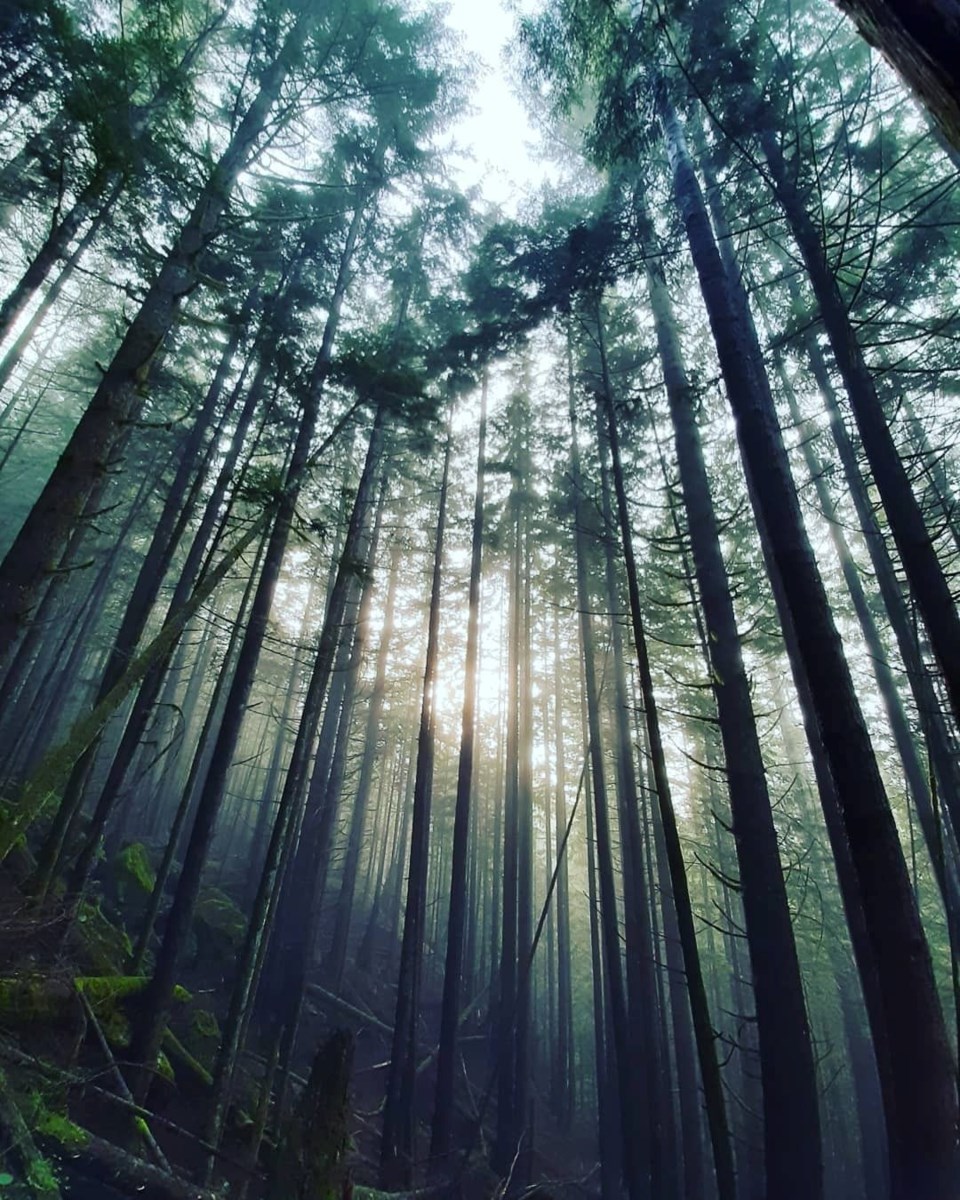British Columbians miss nature.
They miss their neighbourhood trail. Their weekend retreat to a forested campsite. The accessible nature which can feel far and close at the same time.
If you're like me, you hear that from your friends and family every day. The sentiment was confirmed by a recent Angus Reid poll, where British Columbians ranked parks as the number one priority to re-open once the pandemic has eased in our province. Sixty per cent of British Columbians listed parks as the top priority, well ahead of workplace (35%) and retail stores (22%).
After all, parks are vital to our well-being. B.C.’s top health official and pandemic hero Dr. Bonnie Henry has regularly reminded us of the value of going outside for exercise: “I think it’s important for us to get out. To be with our households and experience the fresh air,” she said. “It’s important during a time like this when we have so much anxiety.”
While parks are good for our bodies, being outdoors in nature is vital to our mental health. Academic studies show that just 20 minutes in nature reduces stress levels and more green space can lessen symptoms of depression. A study from the University of Plymouth demonstrated that even a view of nature can reduce the impact and frequency of food cravings.
It's no wonder, then, that British Columbians are yearning to reconnect with nature.
While it will rightfully be weeks — even months — before COVID-19 restrictions are lifted, now’s the time for the province to get serious about putting a robust parks plan in place that better protects lands, waters, wildlife and visitors themselves.
Even before COVID-19, B.C.’s park system was feeling the strain due to chronic underfunding and understaffing. BC Parks’ operating budget was reduced again this year by 4%. If you've visited a provincial park recently, you've likely seen trails with poor signage, broken bridges, doorless outhouses and park rangers overwhelmed by massive workloads.
This pandemic has highlighted BC Parks' capacity challenges. A key reason for the closure of provincial parks was not enough staff to monitor parks and support visitors.
As provincial budgets are restricted to support COVID-19 relief, spending on parks and protected areas can mean putting more people back to work building more trails and improving the infrastructure that’s there. It also means completing overdue park management plans and urgently working to create desperately needed visitor management strategies to get people back into parks as quickly and safely as possible. And most importantly, it means supporting British Columbians’ mental health and wellbeing following this pandemic.
B.C.’s parks are going to experience a rush of visitors seeking to reconnect with nature. In addition to locals getting out into nearby parks, Destination BC has announced plans to make a "significant investment" in promoting travel within the province.
As provincial budgets are restructured to support COVID-19 relief and to stimulate the economy, it's important to prioritize parks and plan for their timely and well-managed re-opening.
Now is B.C.’s chance to turn back the tide on a struggling parks system and improve parks for all British Columbians.
Tori Ball works as a Campaigner with the Canadian Parks and Wilderness Society - BC Chapter



